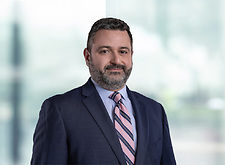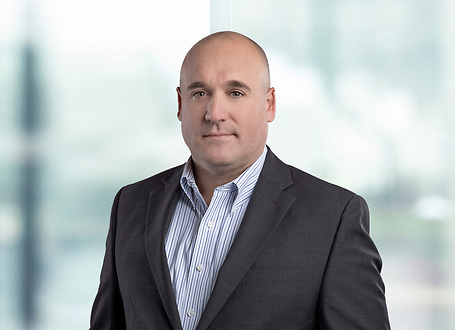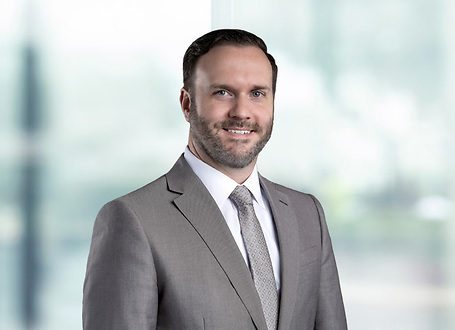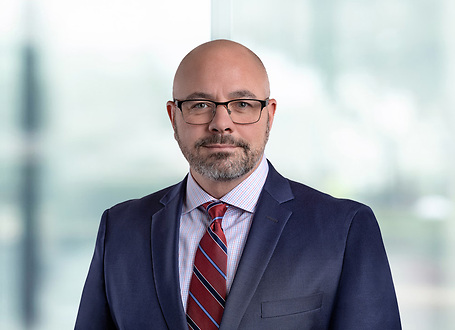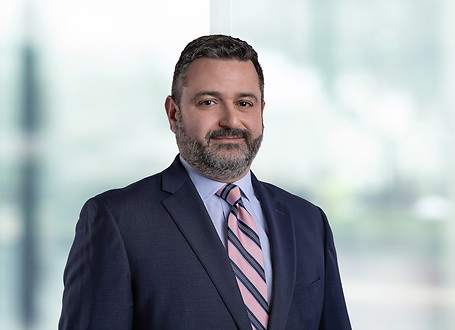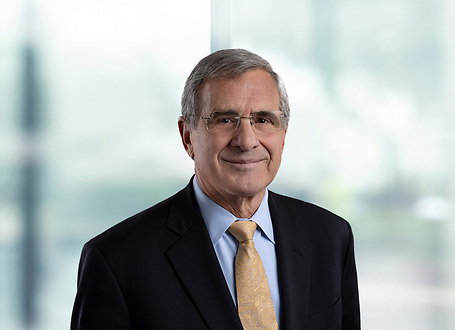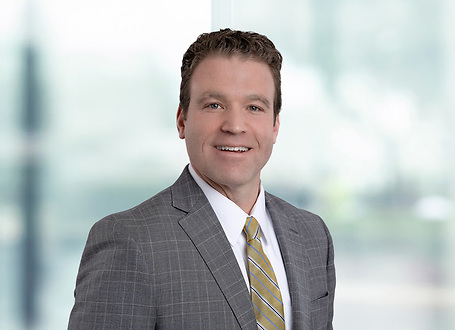Our lawyers represent clients of all kinds, including traditional media, online publishers, corporations, higher education institutions and entities, and individuals on matters such as defamation, commercial disparagement, invasion of privacy, false advertising, right of access to information, licensing, vendor relationships, copyright, pre-publication/pre-broadcast review, free speech, censorship, social media, and freedom of religion.
Media
Traditional media, publishing clients, and social media outlets turn to Hodgson Russ for pre-publication/pre-broadcast reviews, counseling clients regarding the parameters of acceptable reporting and broadcasting, and mitigating their potential liability exposure. We counsel those same clients when they receive retraction or correction requests, or subpoenas relating to their reporting and invoking issues surrounding protection of sources, shield laws, and anonymous speech. Hodgson Russ is proud to be a member of the Buffalo Broadcasters Association.
We also represent media clients across different platforms involving the sale of their companies, non-competition agreements, compliance with the Digital Millennium Copyright Act, Communications Decency Act, and other federal and state laws, as well as on talent and staff contracts and union labor issues, website domains, advertising and other contractual disputes, and other aspects of the media business.
First Amendment Issues
Hodgson Russ has become a leader in vigorously defending higher education clients against claims involving the freedom of speech and association. We also advise our clients on related compliance and governance issues designed to prevent them from becoming the target of First Amendment litigation. Our experience has helped us understand the unique challenges faced by colleges, universities, and student governments in navigating these issues.
Our First Amendment litigators are also highly experienced in disputes involving First Amendment Civil Rights claims, rights of privacy and publicity, the rights of reporters under Shield Laws, and authors’ rights under statute and contract, counseling media outlets, defense against misappropriation and right of publicity claims. Related actions include litigating copyright and trademark cases.
Free speech challenges involve government action that intrudes upon free-speech rights such as restraints on publication, defamation, pre-publication and pre-broadcast review, invasion of privacy, and other torts such as infliction of emotional distress, fraud and misrepresentation, and tortious interference. These issues arise with respect to individuals and businesses, including the press. Our work includes advising school districts on the unique situations posed by student and employee free speech rights at school, in school newspapers, and on social media.
First Amendment litigation involving freedom of religion encompasses issues ranging from the Religious Land Use and Institutionalized Persons Act, and separation of church and state issues arising from religious symbols on public property. We regularly advise clients on the intersection of religious rights with workplace mandates, and other aspects of the free exercise of religion. These include the right to religious speech in various public forums, from traditional public forums (e.g., sidewalks) to public institutions (e.g., educational facilities).
An emerging aspect of First Amendment practice are the digital technologies transforming the information landscape. First Amendment attorneys have experience in legal issues involving data protection and cybercrimes, responding to anonymous posters, and counseling on obligations under the Communications Decency Act, the Digital Millennium Copyright Act, website user agreements (where we advise on terms of use and privacy policies), all forms of social media, compliance with international privacy protection laws, endorsement issues, content licensing, and cybersquatting.
Public Records
Drawing from its experience representing municipal entities, school districts, developers, and private citizens, Hodgson Russ is well versed in open meetings law matters, privacy rights including HIPAA and the New York Civil Rights Law, Freedom of Information Law (FOIL) and Freedom of Information Act (FOIA) requests, and related public records issues. We advise on protection of proprietary information submitted to public agencies, and the proper use of personnel information, as well as the proper use of executive sessions and application of attorney-client privilege to public records.
Corporate Counseling and Protecting Your Intellectual Property
Our corporate, employment, and intellectual property lawyers work together to protect and enforce our client’s intellectual property rights. We understand that our clients commit significant resources to developing their intellectual property and marketing their businesses. Whether it is protecting those rights during a business transaction, ensuring that employees understand their obligations, engaging in litigation to protect your investment, or helping clients respond to public relations issues, Hodgson Russ’s Media and First Amendment Practice offers the legal solutions your business needs.
Hodgson Russ has significant experience negotiating licensing agreements, royalty agreements, preparing and litigating trademark, copyright, and patent disputes, protecting clients' trade secrets, and litigating unfair competition claims. The firm regularly represents inventors, authors, artists, and entrepreneurs to protect their work.
Reputation Protection and Rescue
A client’s reputation is often its most valuable asset. Hodgson Russ routinely litigates defamation matters, whether they are prosecuting claims on behalf of individuals and corporations, or defending clients against such claims. Having been on both sides of these matters, Hodgson Russ understands the strengths and weaknesses of each case. We also understand that some of these disputes can instead be effectively addressed outside of the courtroom. We help our clients carefully navigate this process in a number of ways to identify the most effective response to potentially defamatory statements.
In addition, the firm regularly counsels clients regarding how to respond to a reputational crisis. That advice includes responding to the press, partnering with public relations firms to manage the ongoing crisis, interfacing with insurers and other professionals necessary to address the event, and helping the client rebuild their reputation after the initial crisis has passed.
Advertising Law
An essential element in operating media today on any platform is understanding the complex regulatory structure governing advertisements, not only those set by governmental bodies, but also industry standards and platform specific (Facebook, Twitter, Google) requirements. Hodgson Russ can assist clients and their agencies on a diverse range of compliance issues, from state sweepstakes laws to the Dot Com Disclosure guidelines given by the Federal Trade Commission (FTC). We pursue false claims by competitors, respond to FTC and State Attorney General investigations, defend against cease and desist letters, and help limit delays and liability by reviewing advertising copy and supporting evidence prior to new product launches or updating on-going campaigns.
Practice Leader
- Partner
Experience
People
- Ryan K. CummingsPartner
- Joshua FeinsteinPartner
- Cheyenne N. FreelyAssociate
- Patrick J. HinesPartner
- Ryan J. LucinskiPartner
- Elizabeth D. McPhailPartner
- Aaron M. SaykinPartner
- Gary M. SchoberPartner
- Christian J. SollerAlbany & Saratoga Springs Offices Managing Partner

